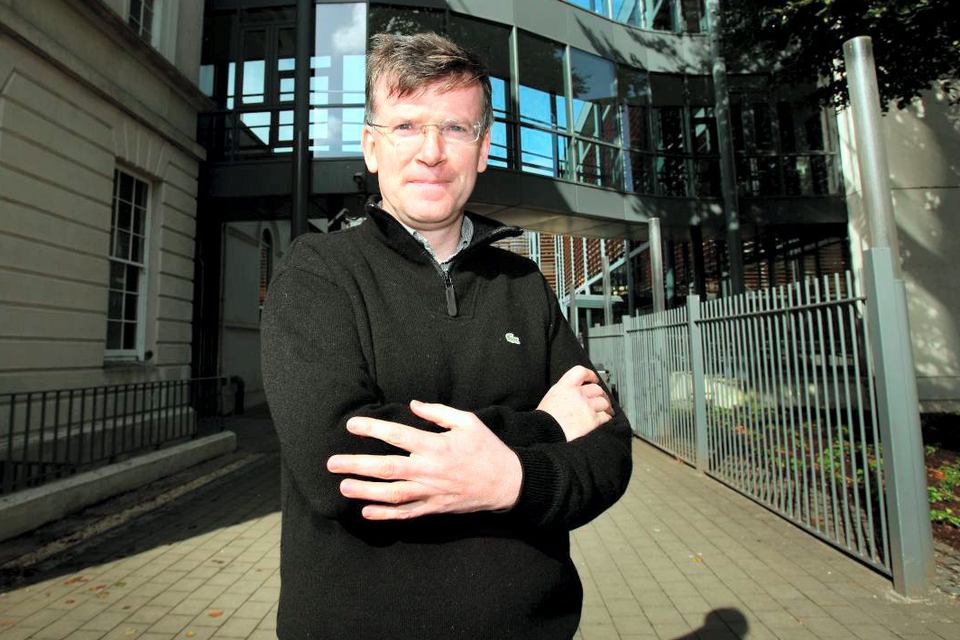Private sector workers to demand pay rises up to 4pc as wages power 'shifts' to employees
Recently, economist Alan Ahearne said bargaining power over wages was now 'decisively shifting' towards employees.
Private sector workers are expected to demand pay rises in the region of 4pc from January as unions take advantage of a tighter labour market.
It is understood that the union body that sets the guidelines for wage claims will consider a benchmark between 3.4pc to 4pc in 2020 at a meeting today.
The unions body - the Private Sector Committee of the Irish Congress of Trade Unions - meets every December to announce a floor for the following year's pay claims.
It is made up of 16 officials from unions including Siptu, Mandate, Unite, Connect, Fórsa, and the National Union of Journalists, as well as senior Congress officials.
Members will hear a presentation from the union-backed Nevin Economic Research Institute (NERI) on wage and labour market trends before issuing their guidelines.
They will consider how much the forecasted cost of living would wipe off the increases sought.
The NERI recently predicted that hourly earnings would rise by 3.9pc next year and 4.1pc in 2021. This is close to Central Bank forecasts that pay rises will jump to 4.1pc next year. Average pay awards in recent years have been in the region of 2pc to 2.5pc.
Bargaining
Sources said the feeling among some unions on Brexit is that it will not reach "a cliff edge" until the end of the year when the UK government's efforts are likely to focus on reaching a trade deal.
Sources said they would be surprised if the final figure is not higher than last year's 3.4pc baseline for pay bargaining.
In last year's guidelines, the committee advised unions that workers faced very significant costs in terms of housing and childcare compared with other OECD countries.
It said there was little sign that those costs would change much in the near future.
The committee also advised that unions should take account if a company's profits were above average when drawing up claims.
At the time, the unemployment rate stood at 5.3pc - but has since dropped to 4.8pc.
Recently, economist and former finance minister Brian Lenihan's adviser Alan Ahearne said bargaining power over wages was now "decisively shifting" towards employees.
He said this largely explained a recent pick-up in wage growth.
Ibec has said that 77pc of companies plan to increase pay by an average of 2.5pc in 2020 in its annual HR survey. This was similar to last year's findings.
Join the Irish Independent WhatsApp channel
Stay up to date with all the latest news














